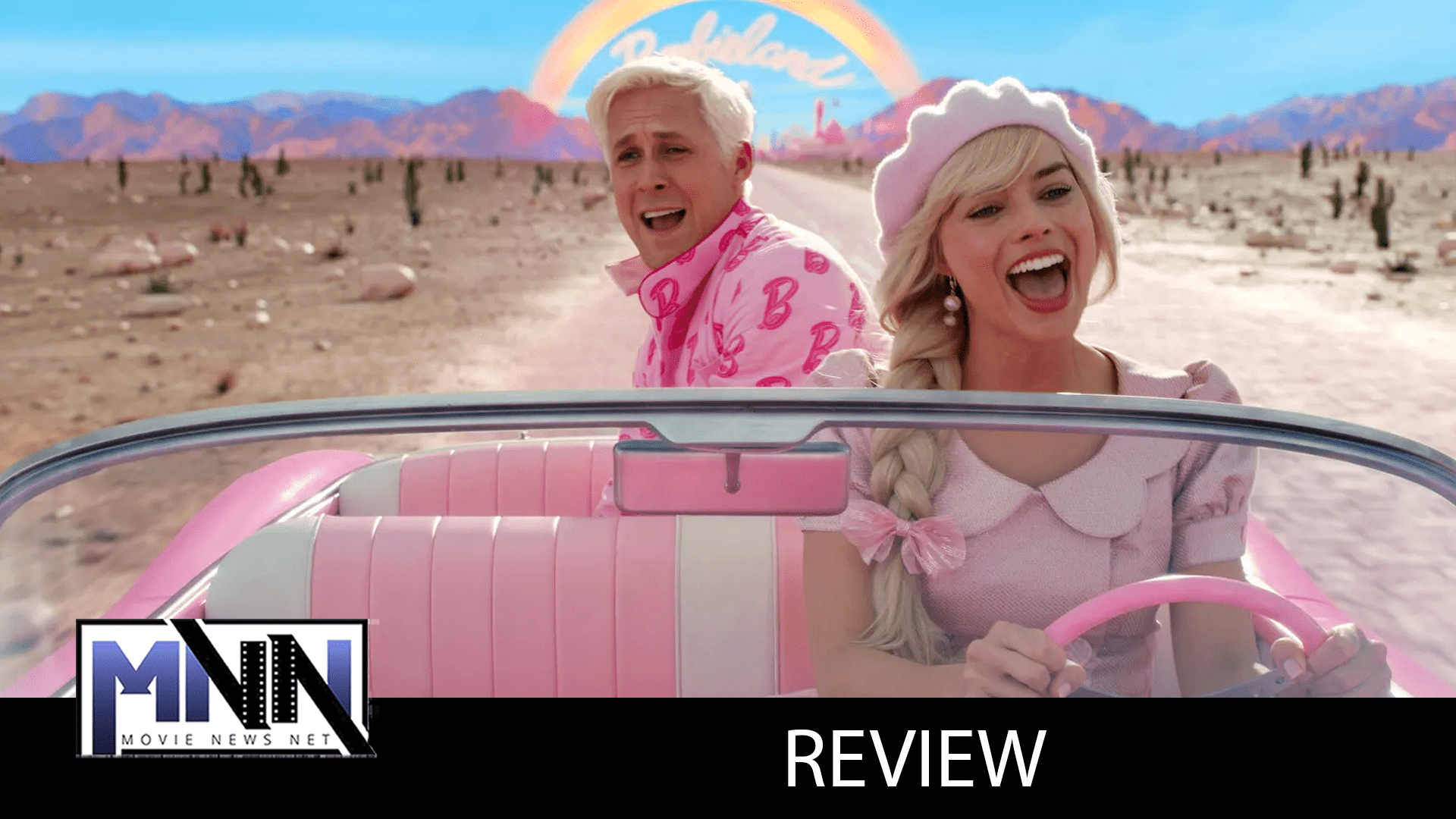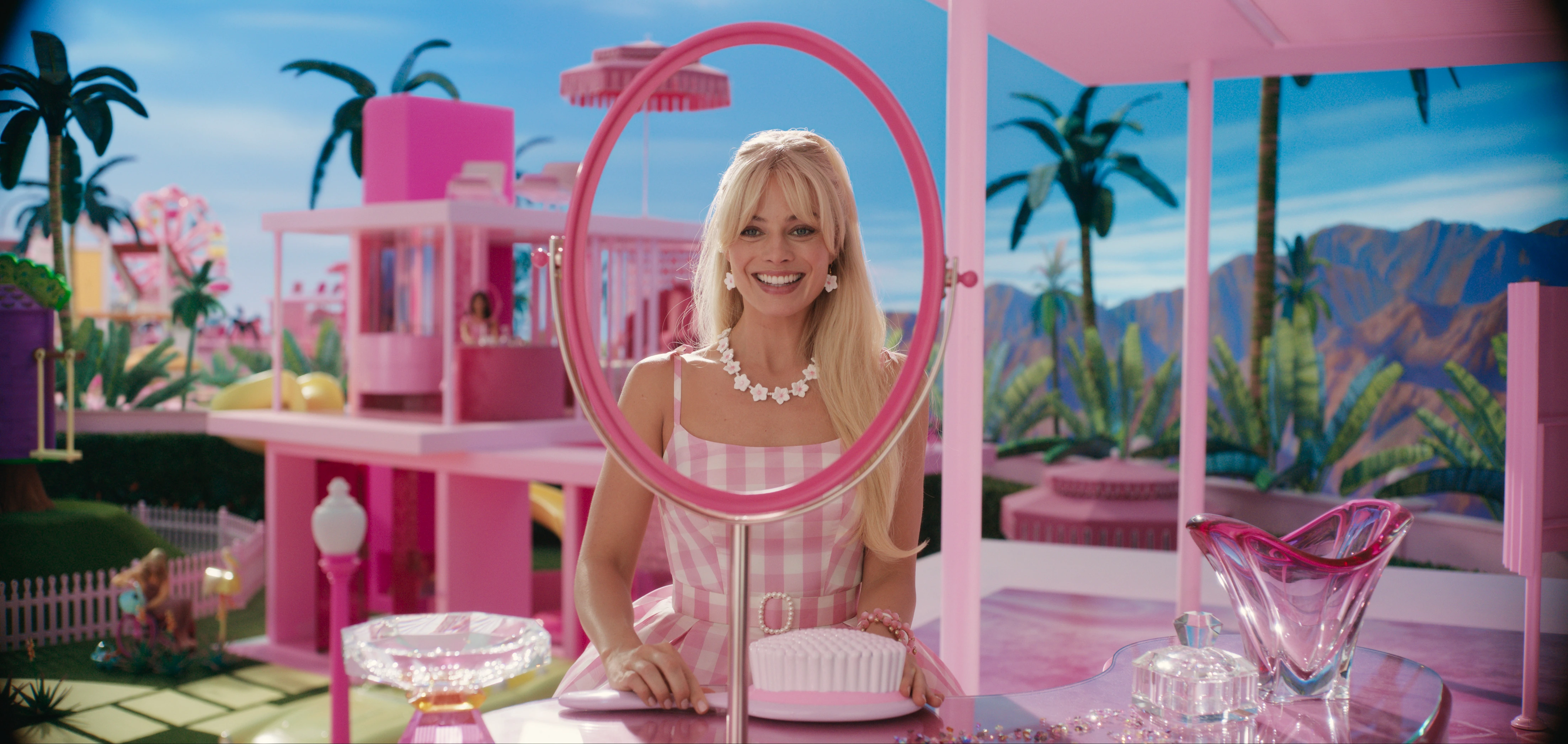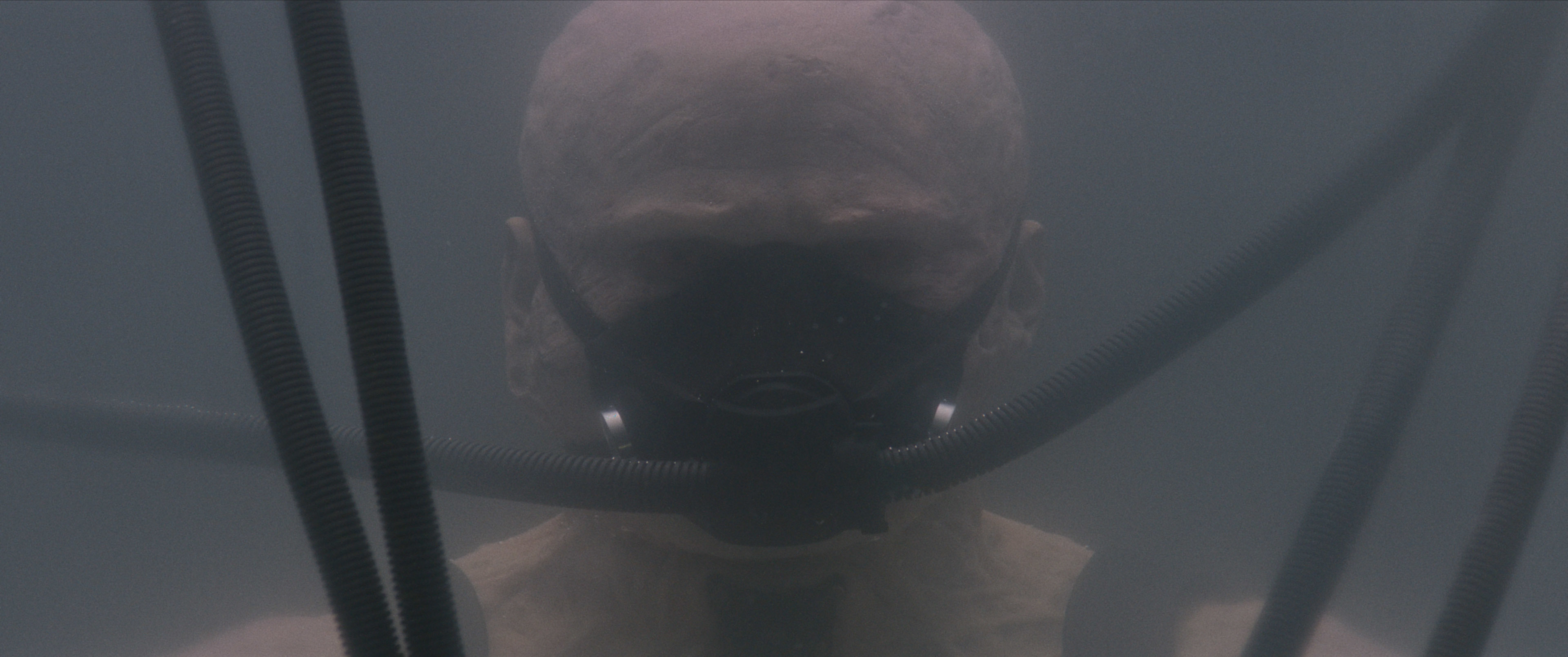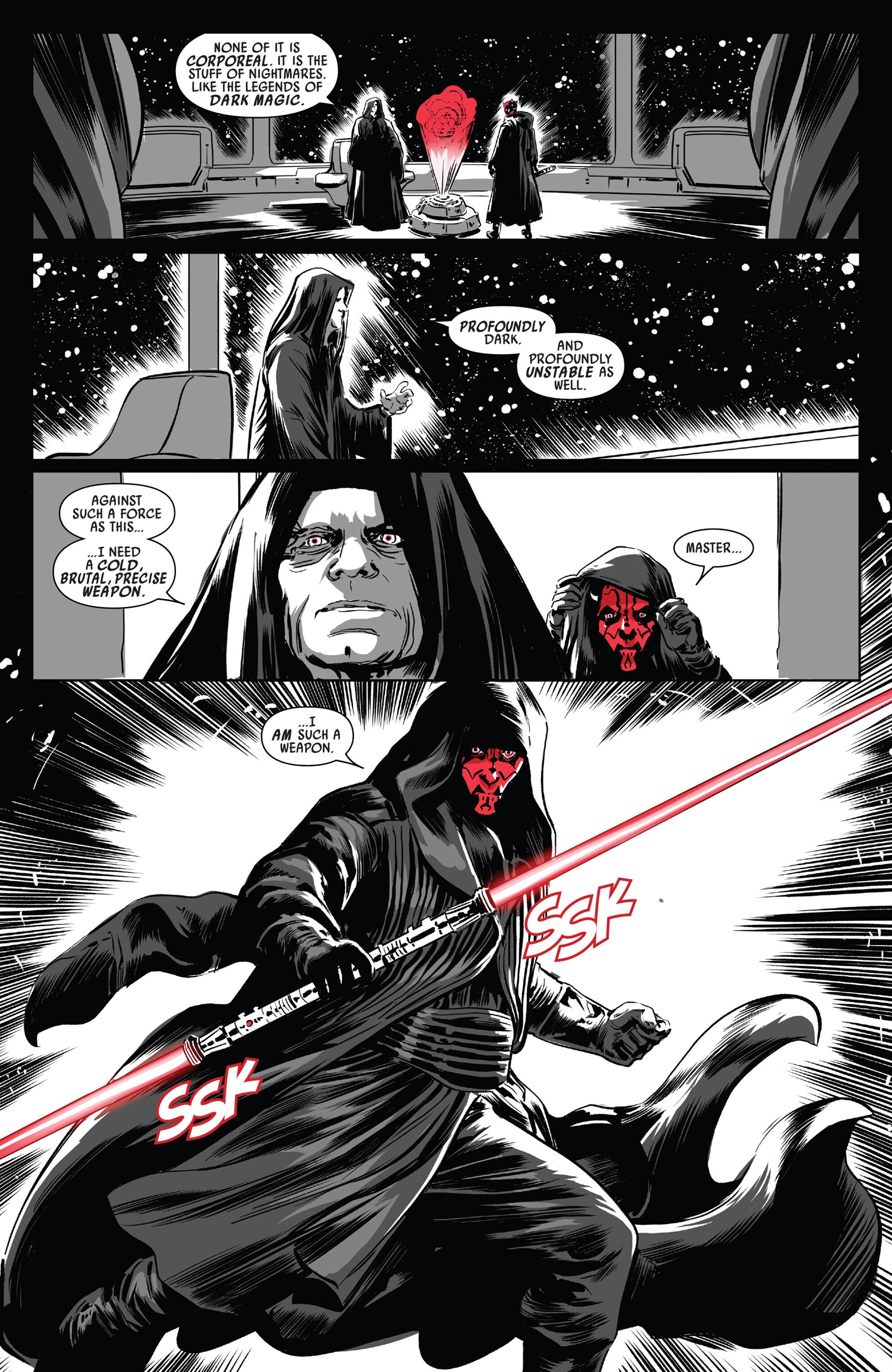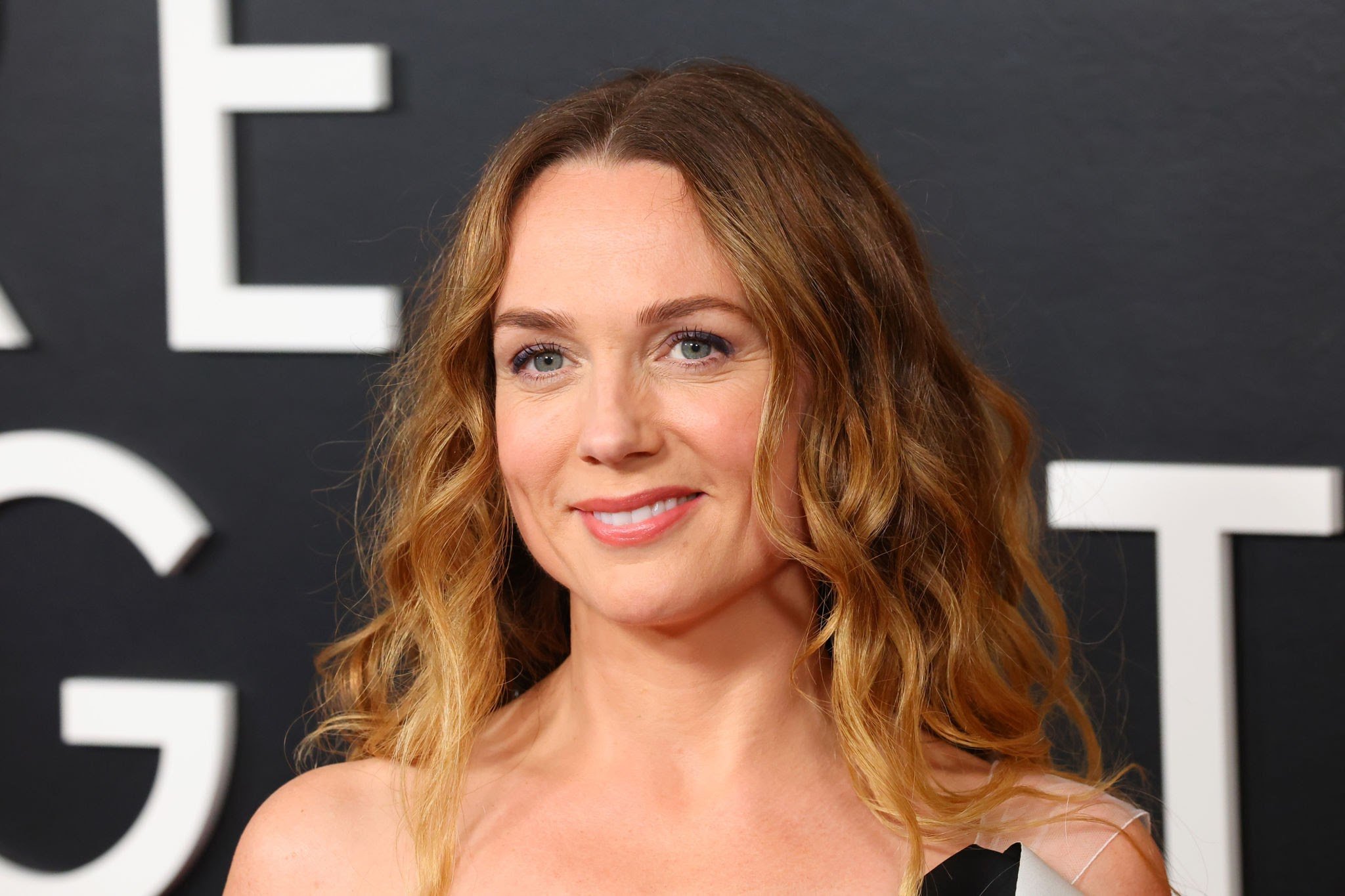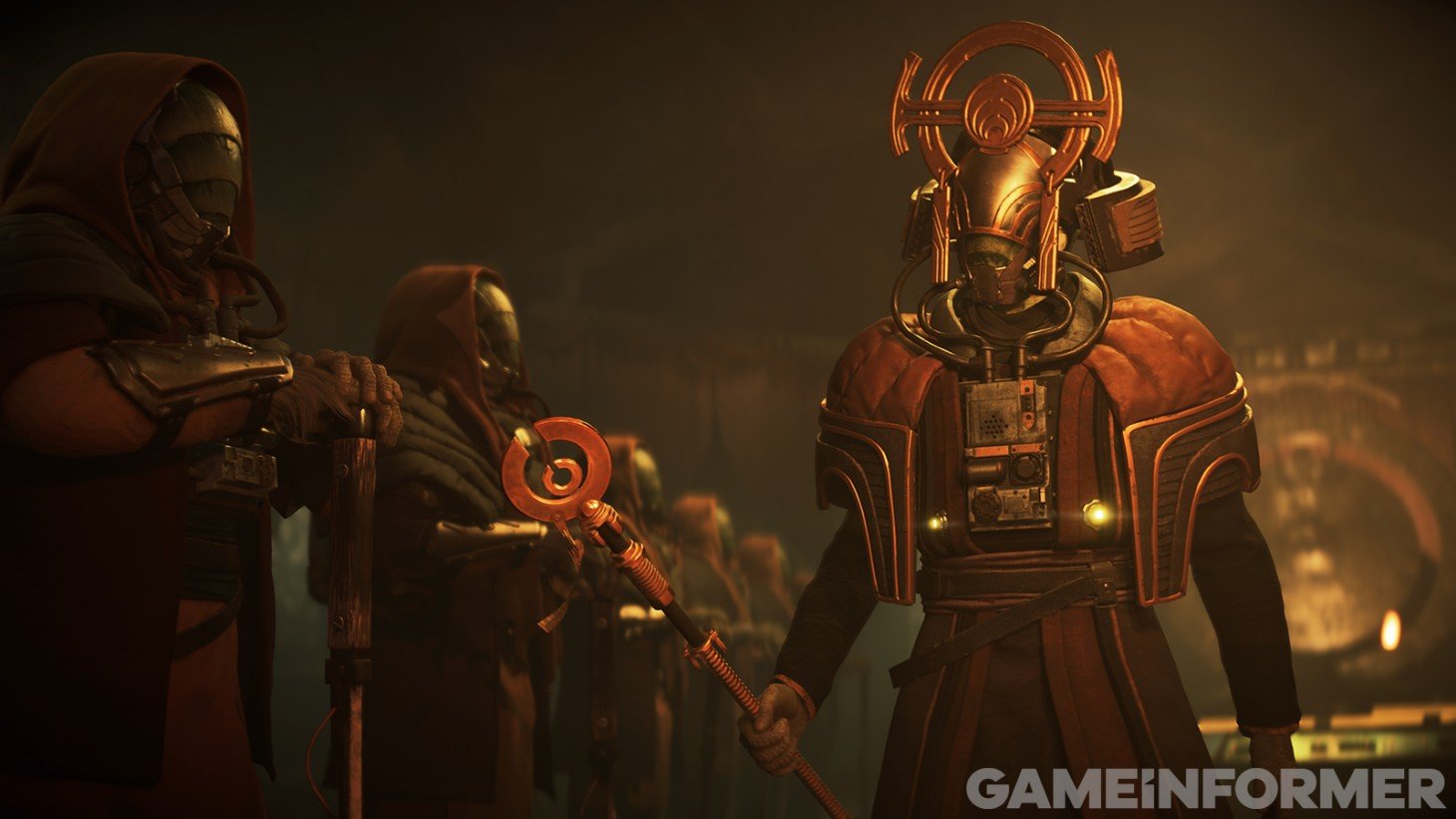‘Barbie’ Movie Review: A Trojan Horse of Endless Fun
That Greta Gerwig’s Barbie is going to be a special movie becomes clear just a few minutes into the film, when Helen Mirren’s voice-over narration walks us through Barbieland and spotlights Emerald Fennell’s pregnant Midge as a doll Mattel would hardly pursue because who wants to see that (I’m paraphrasing here). It is just the first clear example of a joke that will generate a laugh in the audience but also force them to sit back and realize this is no not-taking-any-chances script. It goes for it, and the results are big and pink.
Thus begins the adventure of Stereotypical Barbie (Margot Robbie), the hero of her own story but also a centerpiece of Barbie Land; why that is, as opposed to Nobel Prize-winning Barbie (Alexandra Shipp) or President Barbie (Issa Rae), or even, God forbid, physicist Barbie (Emma Mackey), already incites some thought-provoking questions that the movie never really addresses but rather prefers to leave in the air for the viewer to answer for themselves.
For her, every day is perfect in Barbie Land, as her life is void of any problems that any real woman (or human in general) has ever had to deal with. But that soon will change, because once she starts to get some layers of character depth, like being afraid of dying or even her skin not being simply perfect, she realizes the very society that worships her may soon cast her out for being flawed. To investigate the source of the problem, she visits Weird Barbie (Kate McKinnon), who sends her on a trip to the Real World, where she will interact with the humans that both created her and also played with her, to learn a valuable lesson about humanity.
But she’s not going into wild, modern-day Los Angeles by herself. She’s secretly accompanied by the true standout of the movie, Ryan Gosling’s Ken, who adds yet another career-defining role to his resumé. It’s some kind of paradox that a Barbie movie about female empowerment and giving a voice to the women that have felt their feelings suppressed by a patriarchal world, is essentially stolen by a satirical caricature of the most boring man who ever walked the Earth. Yet Gosling’s comedic sensibilities in this movie are so above everything else that it would have definitely underserved the film not to use him.
But this is not just for the sake of laughs. Ken goes on a journey that begins with probably the most relatable element in the movie for the male audience (at least for dorks like me). As Helen Mirren’s narrator explains to us, Ken only has a good day when Barbie acknowledges his existence, but she’s always so busy with the rest of the people around her to pay too much attention to him. There’s always girls’ night or another Ken getting in the way. And like much of this movie, it may be that part of that is also relatable to the female experience; many of the complaints that are listed about how society systematically disrespects women are things I’ve been through myself as a man as well. Not that I can relate to all of them, but it’s all in service of the big picture.
A few key players emerge of Barbie and Ken’s adventure in the Real World, Will Ferrell‘s Mattel CEO (we can call him “mother”) on the more antagonistic side, and America Ferrera‘s Gloria and her teenage daughter Sasha (Ariana Greenblatt). Ferrell is sidelined for a good chunk of the third act, and that was probably for the best. He is mostly a plot device in the second act and quickly turns into a joke (that works for the most part) very fast, but in the end, it mostly worked for me, even if I can understand that this will be one of the weaker points for many people watching.
Meanwhile, America Ferrera has a much bigger role than I expected, and Gloria and Sasha’s mother-daughter relationship turns out to be the unexpected heart of the movie. Sasha, in many ways, is the characterization of the target audience of the film — a 14-year-old girl who barely speaks to her mom and who hasn’t thought about Barbie in years, yet can give you a 30-minute monologue on how everything that is wrong with the world, and its treatment of women in particular, can be summed up in the existence of the title doll.
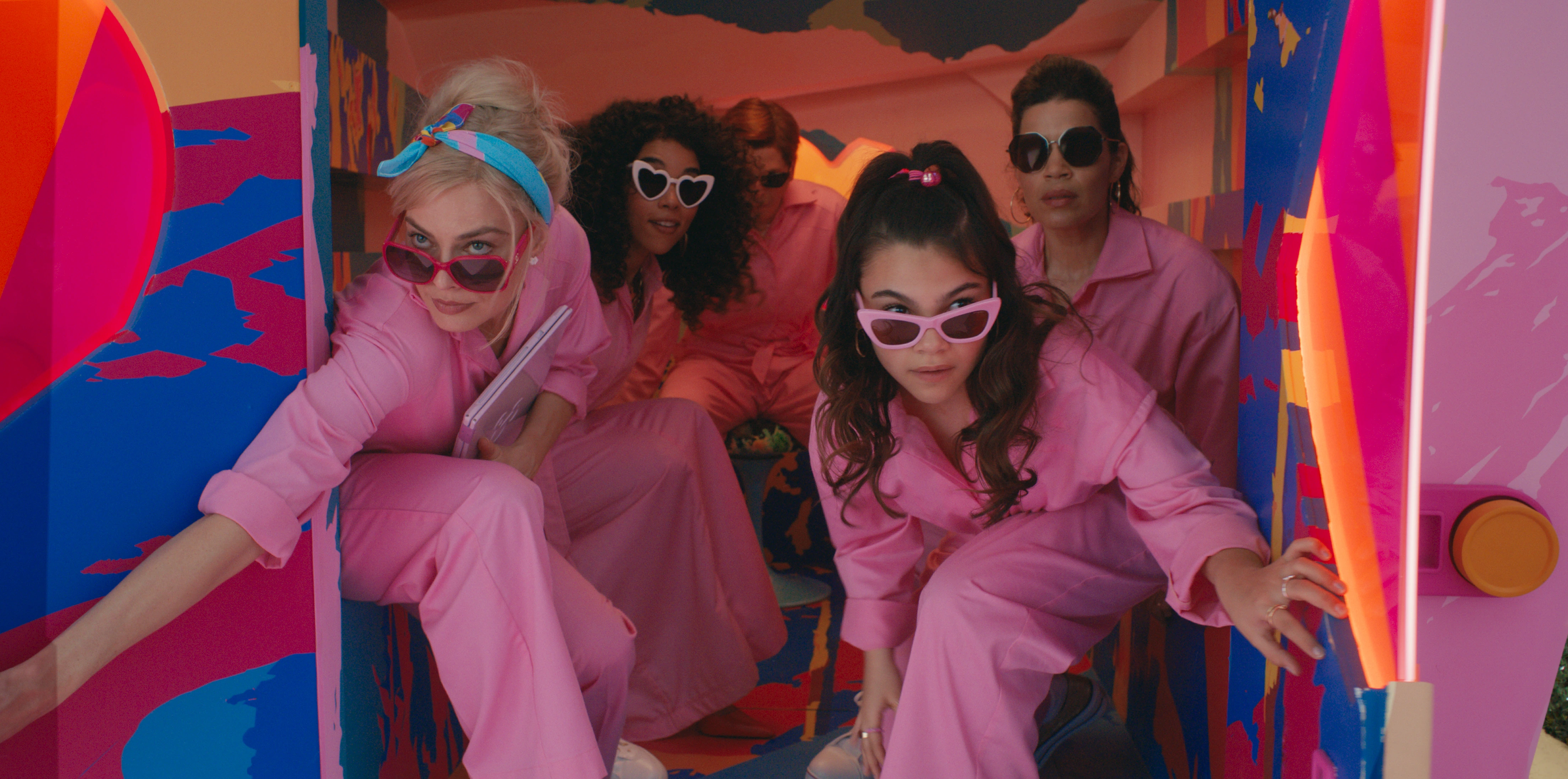
(L-R) Margot Robbie as Stereotypical Barbie, Alexandra Shipp as Nobel Prize-winner Barbie, Michael Cera as Allan, Ariana Greenblatt as Sasha, and America Ferrera as Gloria in Warner Bros. Pictures’ Barbie.
Above all else, the Barbie movie is one hell of a good time at the movies, and seeing it with a packed audience that is vibing with it is most definitely a reason why it worked so well for me. There are jokes in this movie that you will feel were directly written for you, but that will fly right over the person at your side’s head, and vice versa. But Greta Gerwig and co-writer Noah Baumbach still managed to bring it home with an emotional ending that caught me off guard for how sincere it felt. For a movie about a doll, it felt real, tangible. There are many knives thrown at many different people throughout it (some jokes are of the “see to believe” kind), including part of the audience watching it, but the core message remains the same. It’s OK to be flawed. It’s OK to be human.
Overall, there are not many things that didn’t really work in the Barbie movie for me. Sure, there are characters that feel underserved, others that feel left out and conveniently be brought back when needed, but at the end of the day, it’s all in service of the story. Shot through Rodrigo Prieto’s immaculate lens and edited by Nick Houy, the movie feels always engaging and with a sense of momentum that culminates in a bonkers third act that, while may have mostly been previewed in the trailers, is another example of seeing is believing. Yes, there are times in which the movie feels like a Mel Brooks film targeted for teenage girls, but as a man in his mid-20s I would have gladly sat down for another viewing once the credits were done.
Barbie is currently playing in theaters worldwide.
Miguel Fernández is a Spanish student that has movies as his second passion in life. His favorite movie of all time is The Lord of the Rings, but he is also a huge Star Wars fan. However, fantasy movies are not his only cup of tea, as authors like Scorsese, Fincher, Kubrick or Hitchcock have been an obsession for him since he started to understand the language of filmmaking. He is that guy who will watch a black and white movie, just because it is in black and white.

